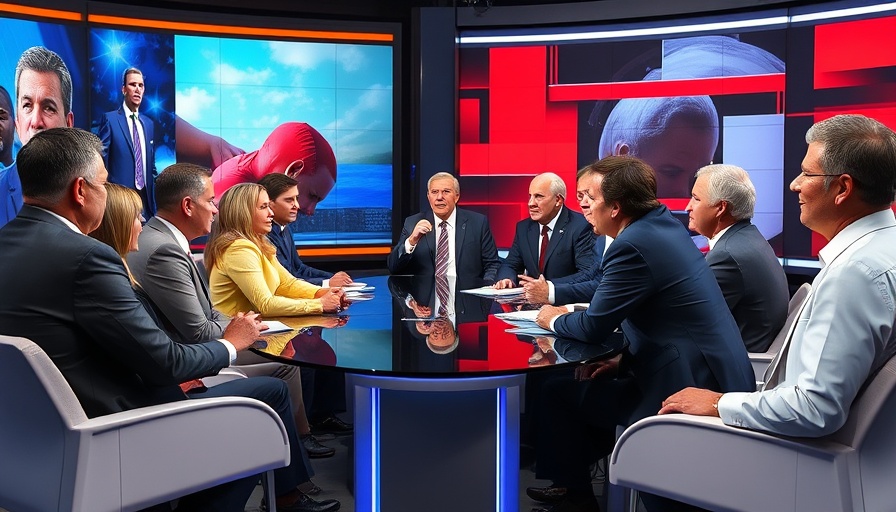
The Evolving Meaning of 'Woke'
Language is a living, breathing entity. It evolves, morphed by the society that uses it. In a recent episode of Bill Maher's podcast, 'Club Random', Maher delved into the fluid nature of words, using the example of 'woke'—a term originally coined to express awareness of social injustices. Unfortunately, he argues, it has devolved into shorthand for various extreme and controversial views that lack common sense and understanding. Maher points out that what once served as a call for justice risks becoming a tool of division instead. This troubling transformation begs the question: Can the Democratic party shed its perceived 'woke baggage' without losing its core identity?
In 'Bill Maher has officially GIVEN UP on the Democratic party lol', the discussion dives into the significance of language evolution and its impact on political identity, prompting deeper analysis of the Democratic party's current standing.
Revisiting Centrism
During the podcast, participants discussed the notion that the Democrats could benefit from embracing more centrist views. Maher emphasized that the extreme 'woke' rhetoric might alienate potential supporters, rendering the party irrelevant. He believes that promoting a colorblind society is fundamentally liberal, diverging significantly from 'woke' attributes that tend to highlight race and identity over individual merit. Maher’s call for a return to traditional liberal values resonates with many who feel that extreme progressivism contradicts the essence of the Democratic platform.
Cultural Issues at the Forefront
Maher's commentary extends beyond political terminology; it also touches on hot-button cultural topics that resonate with many American families. Issues that seem trivial to some—like who can use which bathroom—are of paramount importance to parents invested in the welfare and education of their children. He argues that these subjects need to be addressed rather than brushed aside as inconsequential. Understanding the concerns of parents about educational policies and social issues may very well dictate the fate of the Democratic party in upcoming elections.
The Dangers of Educational Indoctrination
Another point raised by Maher is the state of the educational system in America. He claims that not only are many teachers ill-informed about the histories and ideologies they teach, but some also propagate divisive beliefs among impressionable students. This raises critical questions about accountability in education and the broader implications of teaching historical narratives that may be misleading or incomplete. Drawing from personal experiences, Maher highlights a generational disconnect regarding the legacy of ideologies like communism, bringing to light the risks associated with insufficient understanding of historical precedents.
The Future of the Democratic Party
So, what’s next for the Democrats? As Maher suggests, moving away from extreme progressivism and returning to centrist beliefs may be the key to reclaiming lost ground. The party official stance must align more closely with everyday American concerns, especially when it comes to family dynamics and the educational landscape. Without drastic changes, the Democrats risk becoming a party without relevance in the modern political landscape, ceding ground to contrasting ideologies that may not serve the populace as a whole.
Common Misconceptions About 'Communism'
Lastly, a common misunderstanding surfaces around communism and socialism. As Maher articulates, many young people today grasp the concepts of socialism without understanding the historical failures of communist regimes worldwide. Drawing parallels between current rhetoric and historical events can provide crucial perspective, imploring future generations to learn from past mistakes rather than replicate them. There exists a desperate need for educational reform that encompasses these lessons, rather than veering towards indoctrination.
Conclusion: Time to Act!
In an era where words have lost some of their meanings, Bill Maher's insights remind us of the importance of returning to a grounded understanding of language and its implications in our political narratives. The Democratic party faces a pivotal moment: a chance to reconnect with everyday Americans by addressing real concerns rooted in a sense of community and parenthood, rather than abstract ideology. To contribute to a more effective discourse, engage in conversations that matter. Advocate for educational reforms and engage with community members end to end. Together, we can elevate the dialogue on these critical issues.
 Add Row
Add Row  Add
Add 




 Add Row
Add Row  Add
Add 

Write A Comment